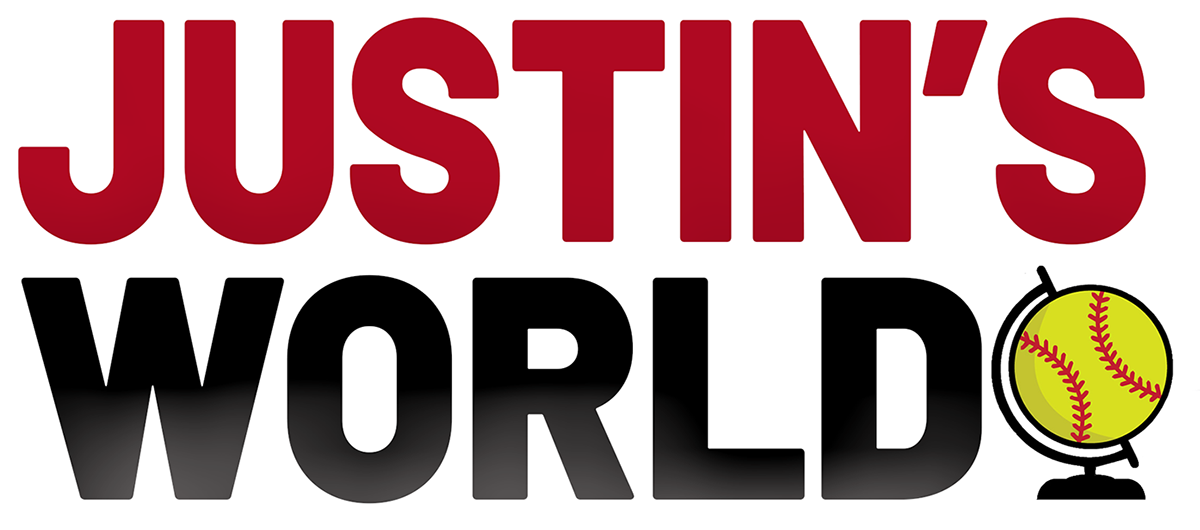TRENDING NOW: NCAA TRANSFER TRACKER / COLLEGE COACHING TRACKER
What is NIL?
The acronym stands for Name, Image, and Likeness, after the NCAA regulation that has, in the past, prohibited college athletes from benefitting from their own achievements. A player who was at the top of their game couldn’t have their own brand or truly benefit because of that success; the only benefit received under previous NCAA guidelines was a previously-agreed-on amount of scholarship dollars and an increase in non-revenue social media following.
Recent Supreme Court and legislative decisions opened the door to allowing college athletes to benefit from their own brand and achievements. On Wednesday, the NCAA suspended their guideline that governed NIL and opened the door officially for athletes to benefit from their own brands.
What is changing because of NIL?
College athletes – including softball players – now have the opportunity to sign sponsorship and endorsement deals with anyone and to be paid for those deals. Active college athletes can appear in television commercials, post sponsored ads on social media, and otherwise endorse products of any kind.
What is NOT changing because of NIL?
This is not a way of college athletes being paid salaries. Athletes will be paid for their own personal brand, and will only be compensated if and when they personally endorse a sponsored product. The NIL changes are really a “happy medium” between the previous college athletics model and the desire of some for college athletes to be paid as salaried employees.
What does NIL mean for softball?
Athletes who will benefit most from NIL are those who have either achieved significant prowess on the field, or who have already put work into building their personal brands without compensation before this time. Star athletes like Oklahoma slugger Jocelyn Alo could reach endorsement deals based off of their tremendous success on the field, while some like Montana Fouts could also benefit from a tremendous social media following.
Biggest winners and losers
Had this legislation come one year earlier, then players like Haley Cruse and Odicci Alexander would have been the big winners. Instead, they now fall into the other category. With the ability to profit off of NIL, college athletes will be a hot commodity – Cruse’s social media prowess and Alexander’s heroics during the Women’s College World Series would assuredly have earned each a number of endorsement opportunities. Without the collegiate platform, those incredibly-marketable athletes have to maintain their own platforms – which they can, absolutely, but in an entirely different vein.
Some will disagree with this, but the biggest winner might be the sport as a whole. Only some softball athletes are at the level of receiving big-dollar or major-notoriety endorsements, but how many companies located solely within the state of Arkansas could Braxton Burnside have signed with this year? How many businesses in Lexington, Kentucky want to jump on the Kayla Kowalik train as she speeds around the bases? Gabbie Plain might be the most successful athlete on Washington’s campus right now, and Seattle is a major media market. With every softball player who signs an NIL endorsement deal, the game will continue to reach new eyeballs and will continue to grow.


